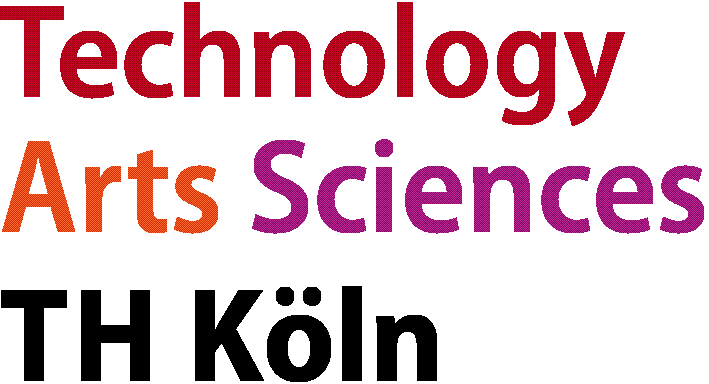
|
|
Qualification aims
The module encompasses the application of electrical and physical principles to develop and critically evaluate accurate simulations of measurement and electrical energy systems using industry-standard tools, enabling the prediction and analysis of system behaviors and the identification of improvements.
Students can
- apply fundamental electrical and physical principles
- develop accurate simulations by applying mathematical and computational techniques
- critically evaluate the outcomes of their models
- can communicate complex technical information
by
- applying modelling methods to model measurement and electrical energy systems
- evaluating advantages and disadvantages of numerical methods
- using industry-standard simulation tools to model measurement and electrical energy systems
- recreate the conditions of measurement systems and electrical energy systems
- comparing simulated results with real-world or experimental data
- preparing detailed reports and presentations
to
- predict and analyze system behaviors under various conditions
- develop a deep understanding of the behavior of technical systems
- evaluate their performance and identify potential improvements
- validate their models and refine their accuracy
- effectively convey simulation methodologies, outcomes, and recommendations to technical audiences
Module Content
Modelling and Simulation of Measurement Systems
- Measurement uncertainties in measurement systems
- Sampling theorem and A/D conversion
- Conversion of signals (D/A, D/A), discrete level and time, impact of analogue environment
- Sampling theory fundamentals, Z-transformation, mapping S-Z-plane
- Fundamentals of digitals filters, transposed systems, DFT/FFT
- Multi-rate signal processing, sample rate conversion
- Fundamentals of model development
- Simulation of a system
Modelling and Simulation of Electrical Energy Systems
- Modelling and Simulation of Electrical Energy Systems
- System requirements
- Grid operation
- Transmission line theory
- Stability aspects
- Network planning
- Network modelling and load flow simulation
- Protection systems
- Substation communication
- Voltage and reactive power control
Bibliography
- Brenan, K., et.al.: Numerical solution of initial value problems in differential algebraic equations. 99 TLS 1067, ISBN 0-444-01511-6
- Gomez-Exposito, A.; Conejo, A.; Canizares, C.: Electric Energy Systems Analysis and Operation. CRC Press
- Elgerd, O.: Electric Energy Systems Theory An Introduction. McGraw Hill
- Mc Donald, J.: Electric Power Substations Engineering. CRC Press
- ABB: Distribution Automation Handbook Elements of power distribution systems. Online available.
- Schwab, A.J.: Elektroenergiesysteme. Springer Vieweg.
- Rashid, M.: Energy Systems in Electrical Engineering, Springer
- Gómez-Expósito, et al: Electric Energy Systems – Analysis and Operation, CRC Press, 2009
- Sivanagaraju, S.: Power system operation and control, Pearson, 2010
- Hewitson, L.G.; Brown, M.; Balakrishnan, R.: Practical Power System Protection. Elsevier
- Anderson, P.M.: Power System Protection. IEEE Press
- Van Cutsem, T.; Vournas, C.: Voltage stability of electric power systems. Kluwer Publisher
- Häger, U.; Rehtanz, Ch.; Voropai, N.: Monitoring, Control and Protection of Interconnected Power Systems. Springer
- Stoustrup, J.; Annaswamy, A.; Chakrabortty, A.; Qu, Z.: Smart Grid Control. Springer
|
 |

|


![Deutsch version not yet available [ger]](http://www.master-ait.de/common/flag_ger_inactive.gif)
![Englisch [eng]](http://www.master-ait.de/common/flag_eng.gif) Englisch
Englisch